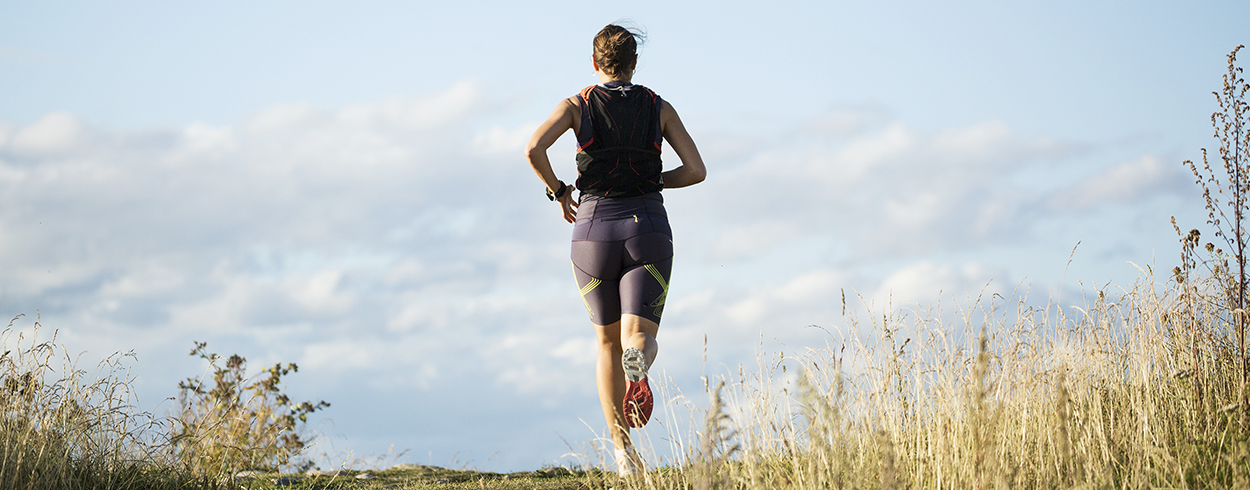
Alcohol and sports don’t mix
Drinking alcohol before sport or exercise is not recommended due to its affect on the brain: alcohol impairs coordination and balance, and makes you more clumsy. Drunkenness also increases the risk of accidents and injury. Exercising with a hangover also exposes you to the risk of arrhythmia.
How does alcohol affect sport and exercise?
Alcohol affects the body in many ways that counteract the benefits of exercise and lead to poor performance in sport:
- Alcohol raises your blood sugar, which will then fall to a lower-than-average level. Falling blood sugar means that your body has less energy available for endurance sport.
- Alcohol increases urine production and dries out the body, which puts you in increased danger of dehydration.
- While you are under the influence of alcohol, your liver will break down blood lactic acid more slowly than usual. The lactic acid buildup in your system will make exercise feel laborious. Your muscles will get tired more quickly and your heart will pump less effectively.
- Alcohol causes surface blood flow to increase, which will slow down muscle metabolism. Doing sport and exercise while under the influence of alcohol is therefore ineffectual and even dangerous.
- In particular, alcohol compromises accuracy, reaction time, balance and strength. This increases the risk of accidents and repetitive strain injuries.
- Alcohol weakens performance immediately after consumption — and your performance will remain poor the next day, too.
Alcohol is not a good recovery drink
Alcohol affects your body’s temperature regulation and dries it out. It is not therefore a good recovery drink – in fact, it can even slow down your body’s recovery. Alcohol drunk in the evening can also disturb and ruin the restorative effect of sleep, and at worst may lead to insomnia. Read more about how alcohol affects sleep.
Don’t exercise with a hangover
Exercising with a hangover will significantly weaken your performance. Your blood sugar is low when you are hungover, which may result in exhaustion or even unconsciousness during strenuous exercise. Your heartrate and blood pressure will also be higher than normal, which will make exercising feel more laborious. A hangover can cause arrhythmia even in completely healthy people. After heavy drinking, it is a good idea to take one or two day’s rest before doing any sport or exercise. Read more about hangovers.
Article sources:
Addictionlink
Finnish Student Health Service
Article picture: Folio Images
 Chat
Chat